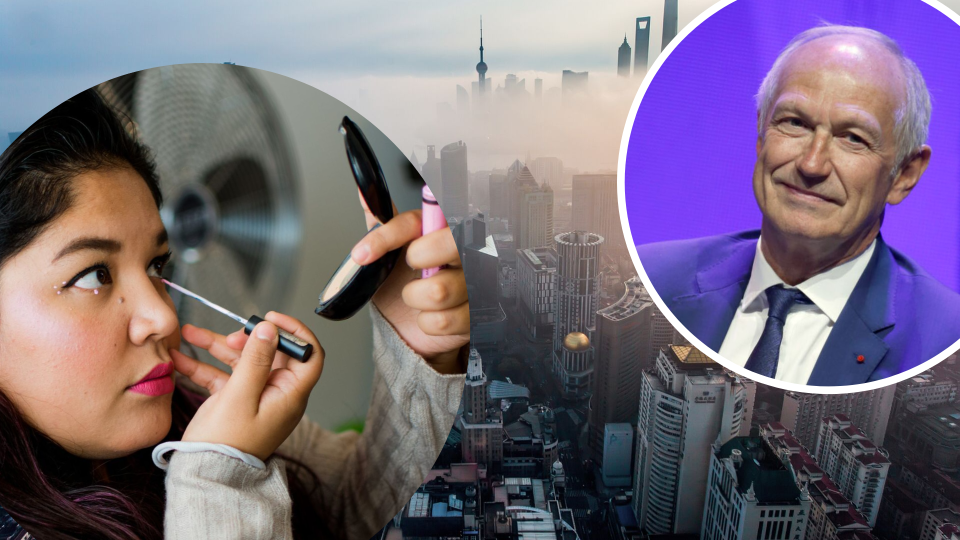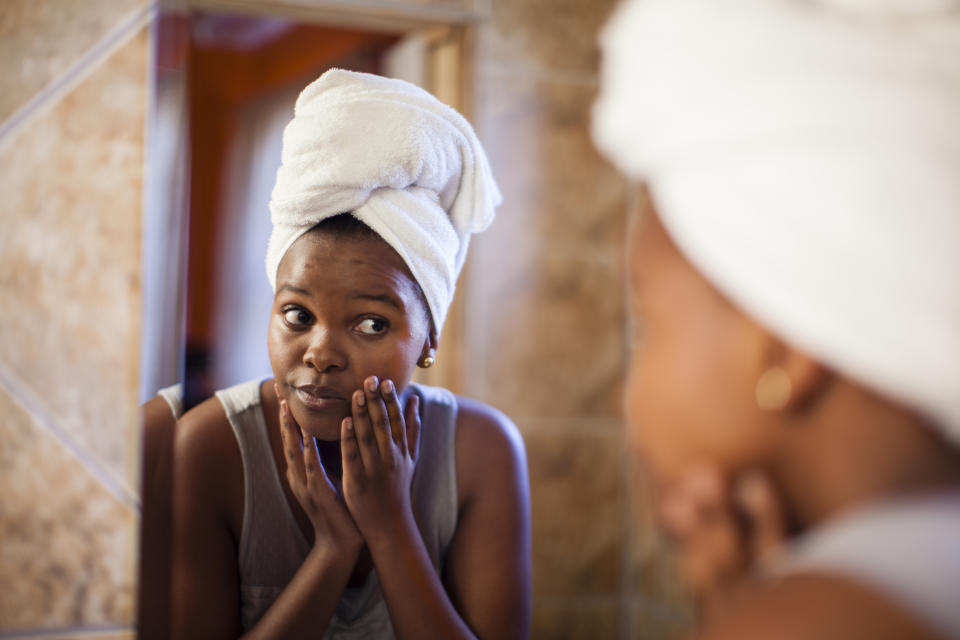L’Oreal chief admits pollution is good for business

Millions of students and workers are gearing up to walk off the job and out of the classroom to protest climate inaction this Friday 20 September.
But for the chairman and CEO of L’Oreal, Jean-Paul Agon, climate change and the pollution associated with it isn’t so black and white.
Asked by Market Watch if pollution was a good thing for L’Oreal’s sales, Agon said it was.
Related story: Property prices more important to Aussies than climate change
Related story: This is how much climate change will cost Aussie households
Related story: Lancôme And ProLiteracy Partner To Increase Women's Literacy Skills
“But we are not encouraging it. ... Where there is pollution, we want to protect our consumers.
“When you live in a city your skin, your hair is challenged more than if you were living in a rural area, so you need more shampoos, conditioners, skin care, hydrating creams, anti-UV, etc.
“Urban life means more socialisation, and more socialisation means more beauty consumption.”
According to the World Health Organisation (WHO), air pollution kills 7 million people every year.
And it’s difficult to escape: 91 per cent of the world’s population lives in areas where the level of pollution is above the WHO’s healthy guidelines.
A new industry

Market Research Firm Euromonitor in a report from August 2018 highlighted the side-effect for the beauty industry: beauty brands are increasingly launching products marketed as anti-pollution.
“There has been a growing number of launches from major players featuring anti-pollution claims as consumer focus shifts to skin protection,” the report read.
“Anti-pollution claims that have been around for a long time, are gaining more prominence and becoming mainstream within skin care as pollution is known to negatively affect the skin and contribute to premature ageing.”
In Australia, Nivea, Lancôme, Dermalogica, Estée Lauder and Elizabeth Arden are among the brands offering skin care products claiming to fight the effects of pollution, although the jury is still out on whether they actually fight pollution any more than other products.
“Consider the word pollution as the same as dirt or debris," said Rodney Sinclair, dermatologist and spokesperson for the Australian Hair and Scalp Foundation in a piece for CHOICE.
"Choose a product that meets all your skincare needs – so skin type, other product use, lifestyle, for example, and if you have concerns, consult a dermatologist for a regime that works for you. Specifically looking for an anti-pollution product is not the best selection process.
“Choosing a product purely based on such claims is pointless; pollution is really just a new buzzword driven by growing industry and consumer awareness and increased pollution in built-up areas.”
Yahoo Finance’s All Markets Summit is on the 26th of September 2019 at the Shangri-La, Sydney. Check out the full line-up of speakers and agenda for this groundbreaking event here.

 Yahoo Finance
Yahoo Finance 

